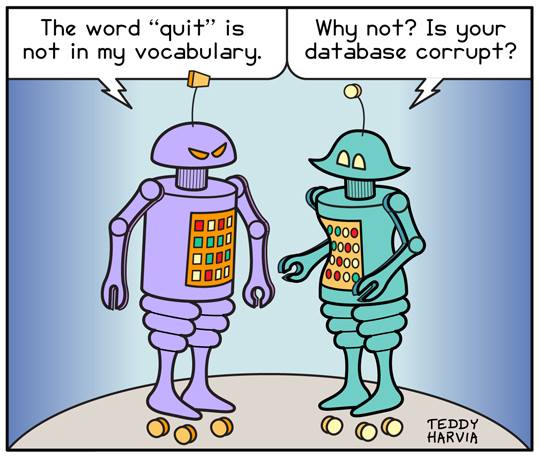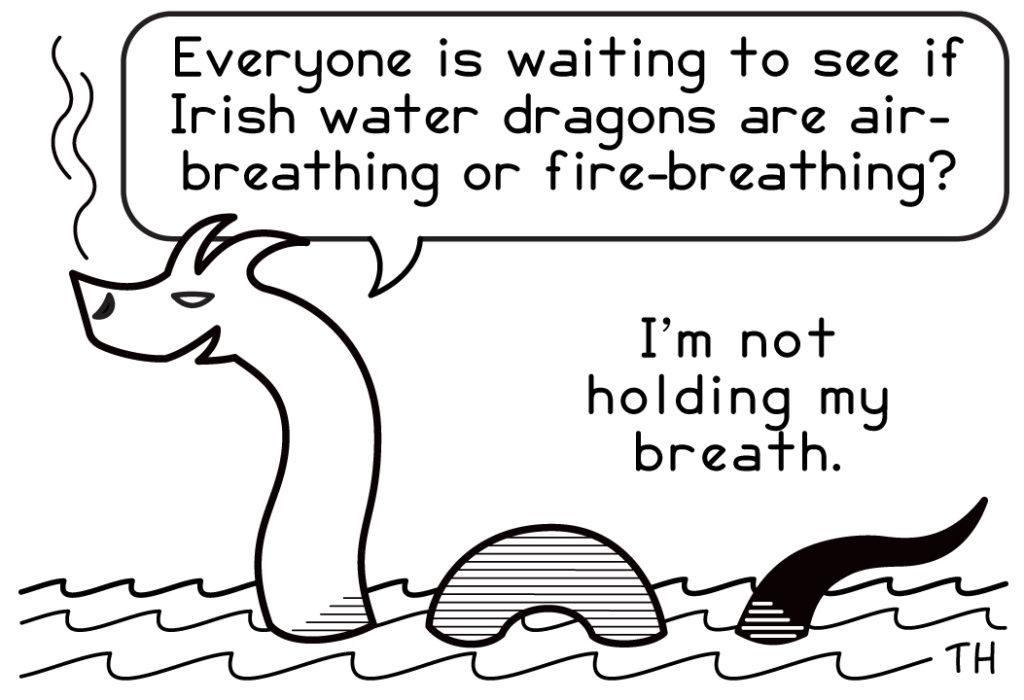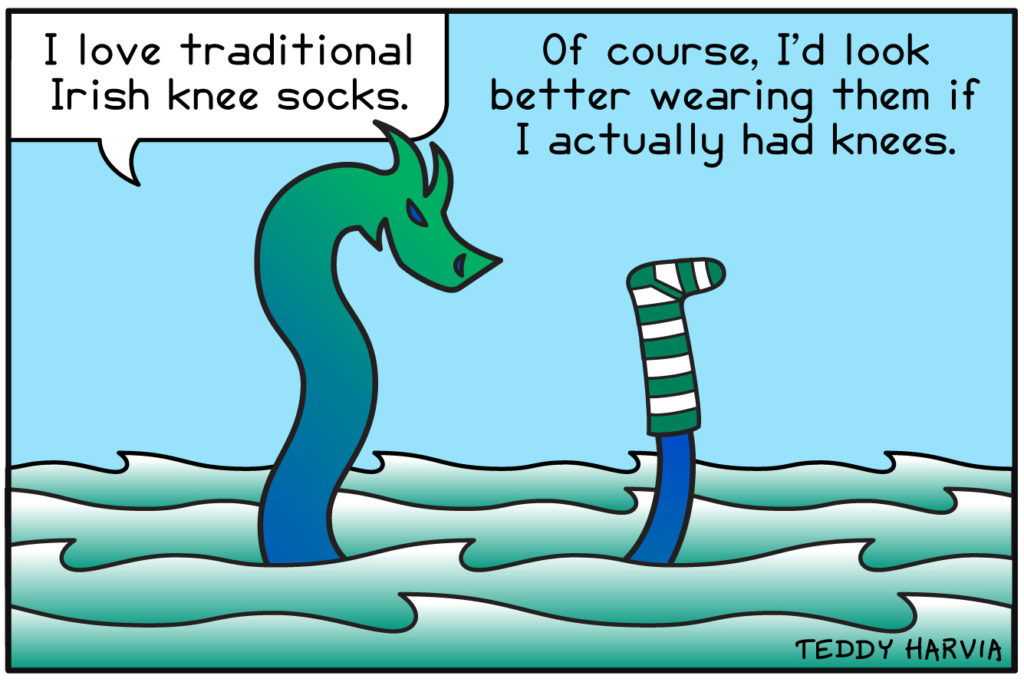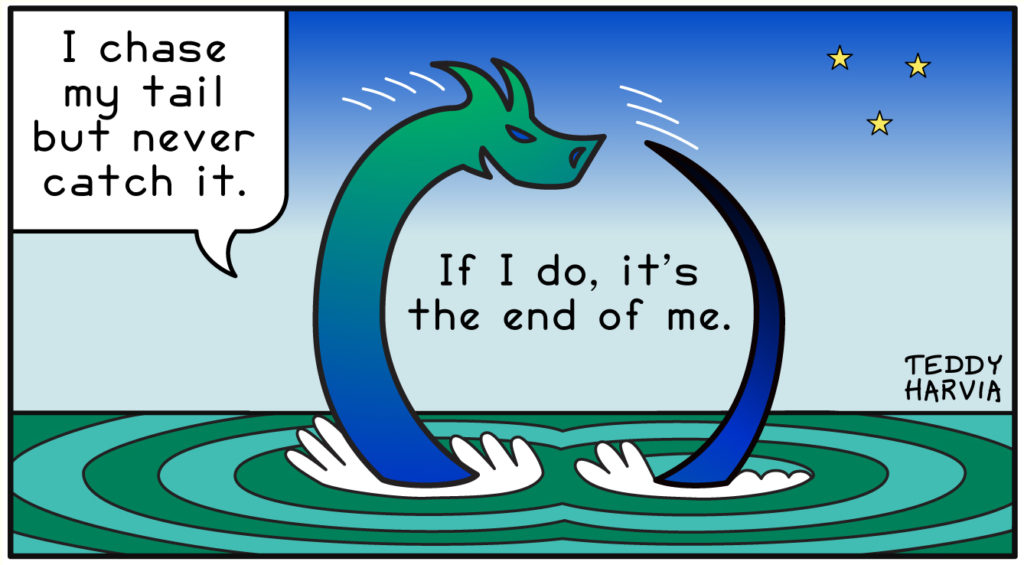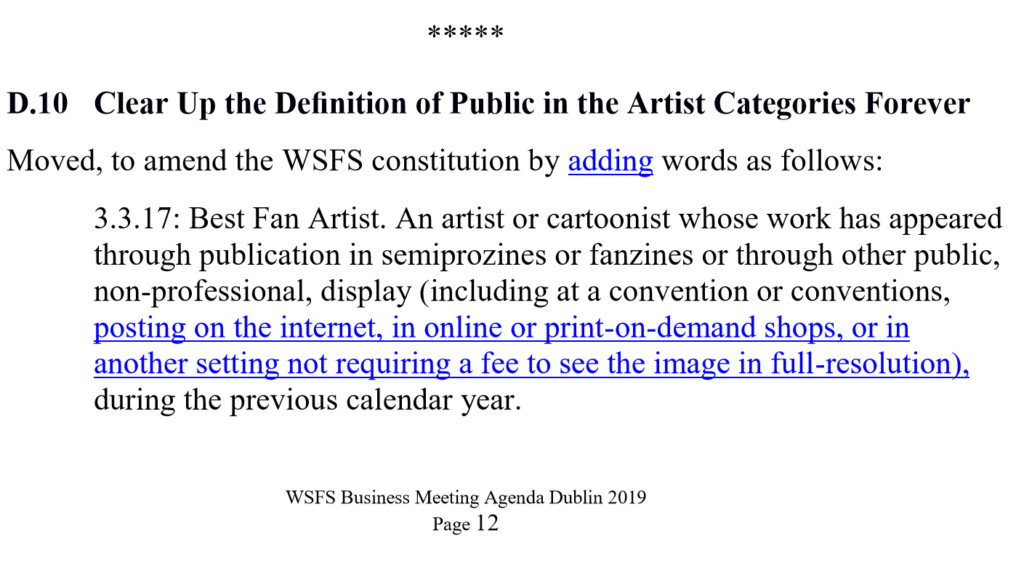Corina Stark provided full notes of the Saturday session in “WSFS Business Meeting 1 Liveblog”, which can be read on Alex Acks’ blog. (And Acks will be writing summary articles later.)
Once video of the meeting has been uploaded, it will be available at Worldcon Events on YouTube.
The agenda is available here. The references (e.g. “D7”) refer to items in it.
Mark Protection Committee: The current year’s open seats on the Mark Protection Committee were filled by Kevin Standlee, Ben Yalow, and Jo Van Ekeren by vote of the meeting.
New Resolution. A new resolution was added to the agenda, B4: Credit to Translators of Written Fiction. In it, Mark Richards, Chris Barkley and Juli Marr request that when a work in translation for Novel/Novella/Novelette, or Short Story wins a Hugo, that a Hugo rocket also be awarded to the credited translator. (See makers’ explanation in File 770 post “Resolution Asks That Hugo Trophy Also Be Given To Translator, When Applicable”.)
Business Passed On: Items that received first passage in 2018 were brought up for ratification.
C1, Adding Series to the Series, adds the bolded words and deletes the struck-over word.
3.2.6: The categories of Best Novel, Novella, Novelette, and Short Story, and Series shall be open to works in which the text is the primary form of communication, regardless of the publication medium, including but not limited to physical print, audiobook, and ebook.
The motion passed unanimously.
C2: Comic Books and Graphic Stories. The motion adds “or Comic” to the category title. The change was a product of the Hugo Awards Study Committee.
3.3.7: Best Graphic Story or Comic. Any science fiction or fantasy story told in graphic form appearing for the first time in the previous calendar year.
The argument was that it avoids any implication that comics are less eligible than graphic novels. The meeting voted to ratify the change.
C3, Notability Still Matters. The motion adds the language in bold. (See Dave Wallace’s File 770 guest post “How ‘Notability Still Matters’ Would Have Affected the 2017 and 2018 Hugo Long Lists”.)
3.12.4: The complete numerical vote totals, including all preliminary tallies for first, second, . . . places, shall be made public by the Worldcon Committee within ninety (90) days after the Worldcon. During the same period, the results of the last ten rounds of the finalist selection process for each category (or all the rounds if there are fewer than ten) shall also be published. Rounds that would otherwise be required to be reported for nomination may be withheld from this report if the candidate to be eliminated appeared on fewer than 4% of the ballots cast in the category and there are no candidates appearing on at least 4% of the ballots cast in the category in rounds to be reported below them.
Dave McCarty advocated the change, saying it would lower the burden on administrative staff as many administrators publish a long “long list” anyway.
Dave Wallace shared an analysis of past results if the change had been in effect, saying that the Short Story category is disproportionally affected and that it would have left off many excellent stories by well-known names in the field. As this helps Hugo voters to discover new works, the harm of leaving this information off outweighs the benefits of the proposed amendment.
Ratification failed, by a vote of 41 for, 44 against.
New Constitutional Amendments: Any of the proposals that pass get forwarded to next year’s Business Meeting for a ratification vote.
D1, Clarification of Worldcon Powers. The proposal removes struck over words and adds words in bold.
3.2.12: The Worldcon Committee is responsible for all matters concerning the their Awards.
Kevin Standlee said the change would make it mechanically impossible for a future Worldcon to “take away” Hugos from a previous year. The motion passed unanimously.
D2, Disposition of the NASFiC Ballot. The proposed addition to the rules would resolve Site Selection if it crashes at a NASFiC, which has never happened, but this would allow for a safety net and call a Business Meeting at a NASFiC solely to deal with Site Selection.
4.8.5: In the case the administering convention is a NASFiC, it shall hold a Business Meeting to receive the results of the site selection voting and to handle any other business pertaining directly, and only, to the selection of the future NASFiC convention. This meeting shall have no other powers or duties.
The motion passed.
D3, A Problem of Numbers. The proposed change clarifies that a member can vote in the Final Hugo Awards and the Site Selection even if they do not know their membership number or it has not yet been assigned, as the staff may supply it for them. The motion passed unanimously.
D4, The Needs of the One. Clarifies that an item can be moved around on an individual ballot, while the other clauses in the line item applies to categories as a whole. Adds the words in bold.
3.8.7: The Committee shall move a nomination on an individual ballot from another category to the work’s default category only if the member has made fewer than five (5) nominations in the default category.
Motion passed unanimously.
Item D5, The Forward Pass. Clarifies that the pass-along of member information to future Worldcons must be done in compliance with all appropriate laws such as GDPR. Discussion surfaced several issues that could not be immediately resolved and the pending amendment and a related motion on the floor were referred to the Nitpicking and Flyspecking Committee for a report next year.
D6, That Ticket Has Been Punched. The proposal would amend the WSFS Constitution by adding a subsection to Section 3.4.2:
3.4.2.1: For finalists in the Series category which have previously appeared on the ballot for Best Series, any installments published [in English] in a year prior to that previous appearance, regardless of country of publication, shall be considered to be part of the Series’ previous eligibility, and will not count toward the re-eligibility requirements for the current year.
During debate a motion to amend the proposed rule by adding “in English” was passed 39-29. Stark’s notes don’t say where the words were added, so I have placed the phrase in brackets about where it seems to belong, pending confirmation. The motion as amended then passed and will be subject to ratification next year.
Stark’s notes say “D7, Five and Five will take significant time to discuss and debate…” without stating what happened to it, but that the meeting voted to proceed to item D8.
D8, No Deadline for Nominations Eligibility was debated. The proposal would get rid of the requirement for people to buy Worldcon memberships by the December 31 deadline in order to be allowed to nominate for the Hugos. (See File 770 discussion “The Right Date?”) Martin Pyne moved to add a sunset clause for 2024.
At that point the meeting adjourned, with plans to take up D8 on Sunday tomorrow with proper wording of the sunset clause. D13, the Best Game or Interactive Experience amendment, will also be discussed on Sunday, after the Site Selection results are presented.
